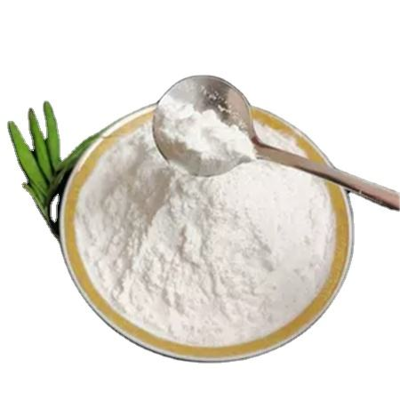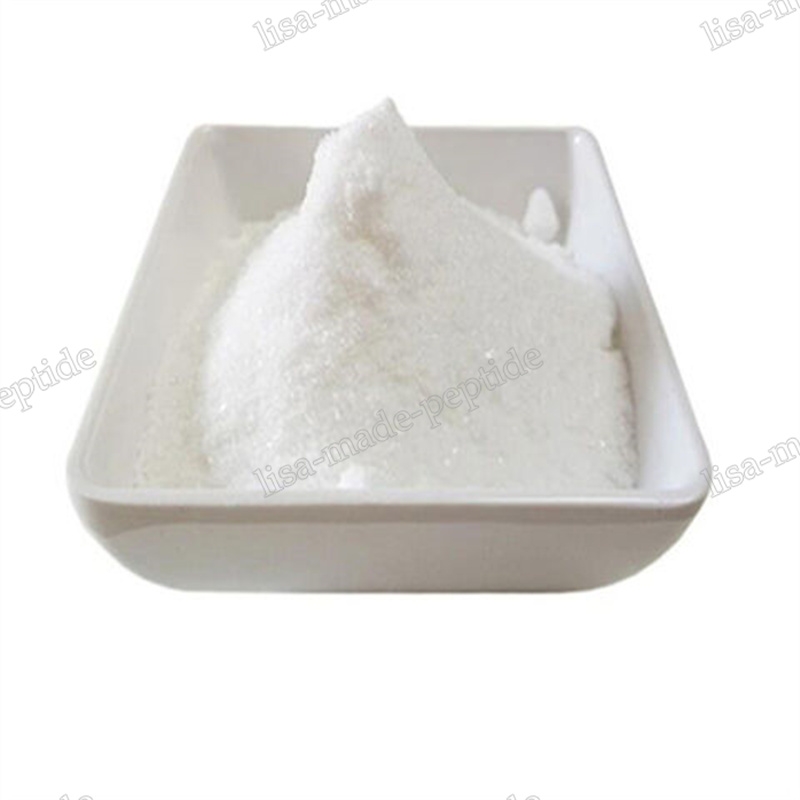-
Categories
-
Pharmaceutical Intermediates
-
Active Pharmaceutical Ingredients
-
Food Additives
- Industrial Coatings
- Agrochemicals
- Dyes and Pigments
- Surfactant
- Flavors and Fragrances
- Chemical Reagents
- Catalyst and Auxiliary
- Natural Products
- Inorganic Chemistry
-
Organic Chemistry
-
Biochemical Engineering
- Analytical Chemistry
-
Cosmetic Ingredient
- Water Treatment Chemical
-
Pharmaceutical Intermediates
Promotion
ECHEMI Mall
Wholesale
Weekly Price
Exhibition
News
-
Trade Service
At the end of 2019, the new crown epidemic broke out, and the COVID-19 epidemic caused by the SARS-CoV-2 new crown virus was raging
.
In response to the emergence of SARS-CoV-2 in the United States, the EPA launched EVP guidance
.
According to the guidance, the EPA allows disinfectant manufacturers to indirectly demonstrate that their products can kill the new coronavirus by providing data that their products can kill viruses that are more difficult to kill than the new coronavirus
.
Once approved, products that have not been tested to kill the new coronavirus can also claim to kill the new coronavirus
.
According to the original setting of the EVP guidelines, registrants must remove EVP claims from their product claims after 24 months of the outbreak
.
But given the ongoing COVID-19 pandemic, the EPA has extended the EVP guidance indefinitely
.
If EPA wants to cancel the EVP statement later, it will notify the registrant at least 6 months in advance, so that the registrant has time to adjust the product label and claim information as needed
.
Introduction to EVP
The Emerging Viral Pathogens (EVP) Guidelines for Disinfectants are the U.
S.
federal government’s preparedness for a viral pathogen pandemic earlier issued by the EPA
.
According to EVP guidelines, before or during an outbreak, disinfectant manufacturers can provide data on the basis of certain criteria that their products can kill viruses that are more difficult to kill than the outbreak virus, then the product can be listed on the label.
Add EVP statement
.
Therefore, although the killing test of the virus that broke out has not been done directly, in the process of claiming the product, it can directly claim that it can kill the virus of the outbreak
.
EPA Actions Against COVID-19 Antimicrobial Products:
In January 2020, the EPA first launched its Novel Viral Pathogen (EVP) guidance;
In March 2020, the EPA launched an expedited review process and released a List N list of disinfectants used to combat SARS-CoV-2, which is updated weekly.
The United States encourages the use of List in public places such as campuses and aviation fields.
Products in the N list;
In August 2020, the EPA issued an emergency waiver to the state of Texas, allowing American Airlines and Total Orthopedics Sports & Spine to use SurfaceWise2, a long-lasting disinfectant product against coronaviruses such as the new coronavirus;
In October 2020, EPA initiated a rapid review process for products that can kill SARS-CoV-2 (COVID-19) and have added residual efficacy;
In April 2021, the EPA issued emergency waivers for Georgia, Minnesota, and Utah, allowing them to use BIAXAM, an antiviral film, on Delta Air Lines' aircraft and aviation facilities in those states;
Over a 12-month period, the EPA has allowed expedited review and approval of surface disinfection products used to kill SARS-CoV-2
.
So far, EPA has added more than 400 products that can kill the new coronavirus to the List N list (you can check by registration number)
.
Source: Ruiou Technology







